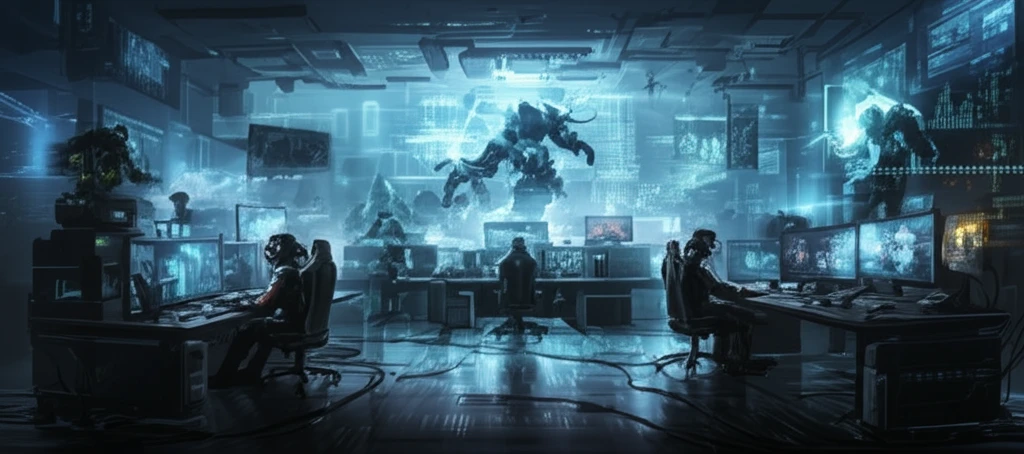
Decoding Gamer Culture: How Technomasculinity Shapes Video Game Production
"Explore the influence of technomasculinity in the gaming industry and how it impacts game development and culture."
Video games have deep roots in military-funded research, forging ongoing connections between military simulations, recruitment efforts, and the broader gaming industry. This relationship has helped define the culture of video games, emphasizing a 'militarized masculinity' from its early days. War scenarios, conquest narratives, and combat themes became central to game design, shaping the industry's identity.
Over time, a 'toxic gamer culture' has emerged, marked by incidents of sexism that have become increasingly intense. Major game development studios and publishers continue to focus on the 'core' demographic of hardcore male gamers, even as the player base becomes more diverse with the rise of casual gaming. This emphasis on militarized masculinity extends beyond first-person shooters, influencing various game genres and impacting the industry's profit-driven structure, which often makes creating more gender-inclusive games a risky venture.
Along with the focus on militarized masculine content, the industry sees a reproduction of male game employees from the ranks of hardcore players, perpetuating the types of games they grew up playing. This article explores how 'technomasculinity'—a form of masculinity tied to advanced computer knowledge—influences video game production and culture, examining its impact on industry dynamics and inclusivity.
What is Technomasculinity and Why Does It Matter in Gaming?

Technomasculinity, as discussed in this article, goes beyond the overt displays of militarized masculinity. It highlights how advanced computer skills and technical proficiency shape the gaming industry. This form of masculinity is a key part of the broader structure of hegemonic masculinity, influencing who enters the industry, how games are made, and the overall culture within game development studios.
- Early Socialization: How young boys are often introduced to computers and programming by their fathers, setting the stage for a lifelong interest in technology.
- Passion for Gaming: The intense dedication to video games that drives many to pursue careers in the gaming industry.
- Workplace Culture: How these factors combine to create a workplace culture that can sometimes exclude those who don't fit the technomasculine mold.
Moving Forward: Towards a More Inclusive Gaming Industry
Addressing the issues surrounding technomasculinity requires more than simply adding diverse faces to the industry. It involves a fundamental shift in organizational practices and workplace cultures to ensure they are inclusive and supportive for all individuals. By recognizing and challenging the subtle ways in which technomasculinity operates, the gaming industry can create a more equitable and innovative environment where diverse talents can thrive. This will not only enrich the industry but also lead to the creation of games that resonate with a broader audience.
